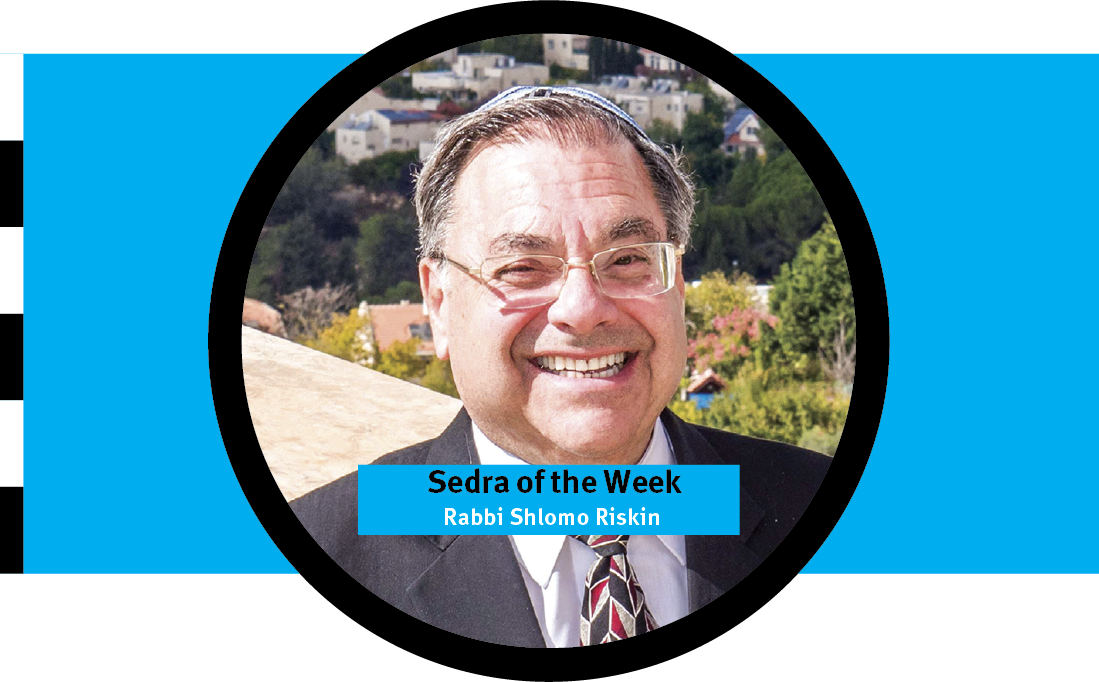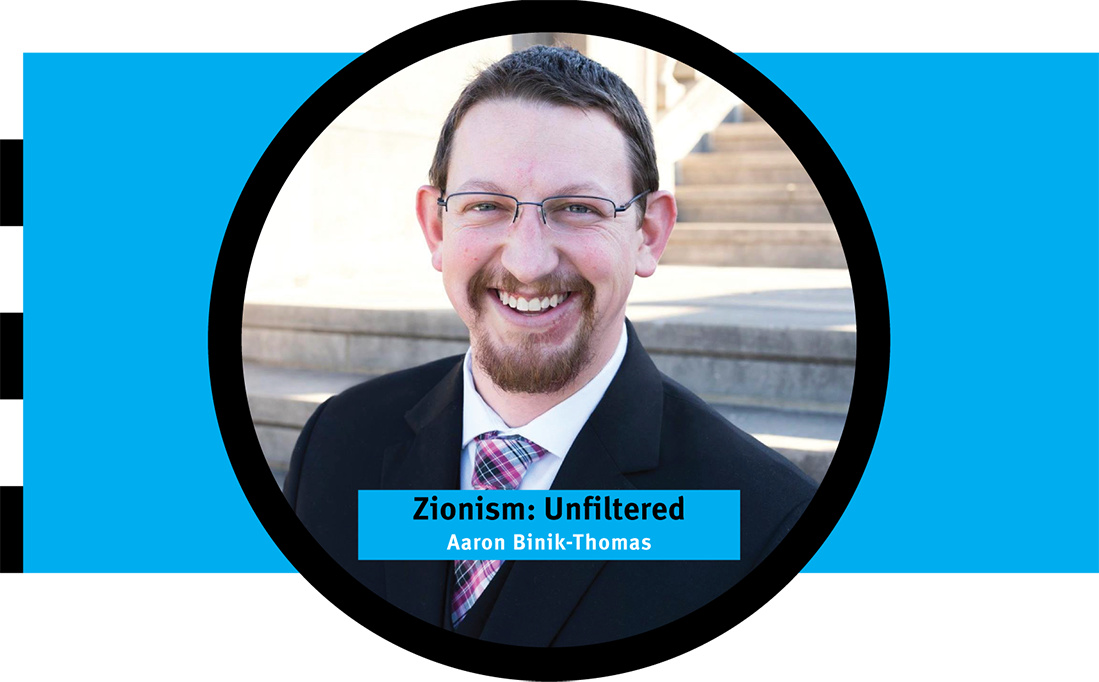Efrat, Israel – And I will grant peace in the land, and you shall lie down, and none shall make you afraid. And I will cause evil beasts to cease from the land; neither shall the sword go through your land. (Leviticus 26:6)
What kind of world will exist “at the end of the days,” the period of the Messiah and human redemption? Will the basic structure of the universe, the rhythm of our lives remain exactly the same — the sixty minutes to the hour, two parts hydrogen to one part oxygen — with the only major difference being the miracle of a vast multitude of different drummers recognizing the One G_d and His chosen orchestral leader (Israel)?
If so, this means that our present realities can be sanctified, ennobled — but need not be utterly destroyed. Or will the messianic age have to inaugurate an entirely new world, an indelible change in the nature of the universe, radically different physics and physical existence? I would like to suggest that such not-only-theoretical speculation can be discerned as the preoccupation of the great sages of the Mishna, and their two alternate theological views give rise to two different translations of a word in this Torah reading.
The opening of Beĥukkotai sounds remarkably redolent of the messianic dream, the goal of human history. G_d promises the Israelites that if they but maintain His laws and commandments, their physical needs will be taken care of with good crops and good harvests, and the ever-present danger of wild animals will be removed:
“And I will grant peace in the land, and you shall lie down, and none shall make you afraid. I will cause evil beasts to cease (v’hishbati) from the land; neither shall the sword go through your land.” (Leviticus 26:6)
How are we to understand the concept: “cause to cease”? The Midrash (Torat Kohanim) records that Rabbi Yehuda defines v’hishbati as G_d causing these “evil beasts” to disappear from the world, that G_d will destroy them.
However, Rabbi Shimon interprets the word to mean that G_d will cause the evil of these beasts to cease: their evil nature will be destroyed, but the beasts themselves will not be destroyed.
The Lubavitcher Rebbe, Rabbi Menahem Mendel Schneerson of blessed memory, reveals another ideological difference of opinion between these two sages. He suggests that they consistently differ as to what is more significant, the external action or the internal intention. For example, if an individual desecrates the Sabbath without having intended to do so — imagine he was washing his hands without realizing that the faucet he had turned on was directly above his business competitor’s garden and he in fact was unintentionally causing the flowers to grow when he turned on the faucet — Rabbi Yehuda declares him culpable and Rabbi Shimon frees him from guilt. For the former it is the action that counts: a Jew ended up watering a garden on the Sabbath; for the latter it is the intention, and in our case in point he only intended to wash his hands.
They similarly disagree about garbage removal from the house to the public domain on the Sabbath: Rabbi Shimon frees the individual from biblical culpability, since he did not intend to use the garbage – the object of his act of carrying from domain to domain — and he therefore was not engaged in a meaningful creative activity; his only intent was to remove the garbage from his home, and not to derive benefit from it in any way. Rabbi Yehuda declares him guilty nevertheless, because after all he committed the act of carrying, and Halakha is not concerned about the reason for which he carried.
The final example relates to the problem of oil left over in a lamp which had been lit before the start of a festival. Rabbi Yehuda forbids use of this oil because when it had initially been lit, the householder put it out of his mind for festival use, thereby rendering it muktzah, forbidden to be moved until the end of the festival day. Rabbi Shimon, however, permits it, because now that the light has gone out, the householder can use the oil in a manner permitted on the festival, and permissibility for him is only dependent on present intent. In this light, the initial differences of opinion between them assume a different perspective. For Rabbi Shimon, as long as I no longer intend to eat the leavening or as long as the animals have no intent to damage, these objects in effect ceased to exist; for Rabbi Yehuda the act of destruction is the only way for the objects to cease to exist.
Building on the Lubavitcher Rebbe, I would like to place a slightly different spin on the disputes we have just catalogued from a more theological point of view. How does Judaism deal with the problem of evil in the world? Is evil an objective force which must be destroyed, or can even evil be uplifted and redeemed, if only we perceive the positive essence of every aspect of creation and utilize it for good? Rabbi Shimon truly believes that the ultimate task of the individual is to sanctify everything; he in effect cancels the concept of muktzah (set aside, not for Sabbath or festival use) from the religio-legal lexicon, maintaining that virtually everything can be brought within the domain of the sacred if the human mind only wishes to use it for such a purpose. Rabbi Shimon is after all the great mystic of Jewish tradition, the teacher of the Zohar, the advocate of uniting all worlds and uplifting even the most far-flung sparks; “there is no object devoid of holiness,” teaches Jewish mysticism.
On the other hand, Rabbi Yehuda is not so optimistic and does recognize the existence of evil. Hence he emphasizes the biblical command “and you shall burn out the evil from their midst” (Deut. 17:7).
The period between Passover and Shav uot is the progressive count of days between the physical and incomplete redemption of the broken matza and our advancement after 49 days to the spiritual, all-embracing redemption of the Torah we received at Sinai. The ĥametz (leavening) is the symbol of that which swells and expands, of raw emotions and physical instincts; it is made to “cease to exist” by destruction on Passover.
On Shavuot, however, it will be sanctified, transformed into two holy loaves of ĥalla (ĥametz) brought on the altar to G_d. What was forbidden (evil) seven weeks ago has now been redeemed. If anything, Shavuot is a manifestation of the redemption of evil, of our vision of the possibility of dedicating every aspect of our existence to G_d.
Rabbi Yehuda insisted on destroying the ĥametz on Passover, obliterating it from the world; Rabbi Shimon understood that it would only be necessary to re-route its function, to look at it in a different way.
Rabbi Yehuda insists that the evil beasts will be destroyed in the messianic period, a time when all that is evil will be obliterated from the earth; Rabbi Shimon maintains that the fundamental nature of the world will not change, the wild animals will still roam the forests, but their evil will be transformed, their force and vigor will be utilized positively. Rabbi Yehuda sees the millennium as devoid of Amalek, the nation bent on the destruction of Israel; our Bible commands us to “destroy the memory of Amalek” (Deut. 25:19). Perhaps Rabbi Shimon would indeed see the millennium as being devoid of the memory of the ancient Amalek, for Amalek at that time will repent and convert to Judaism. Does our Talmud (Gittin 57b) not record that the grandchildren of Haman (the Aggagi Amalekite) taught Torah in Bnei Brak?! I pray for the vision of Rabbi Shimon, and for the sanctification of every aspect of our lives and our natures.
Shabbat Shalom
Rabbi Shlomo Riskin
Founder & Rosh Yeshiva,
Ohr Torah Stone
Founding Rabbi of Efrat





